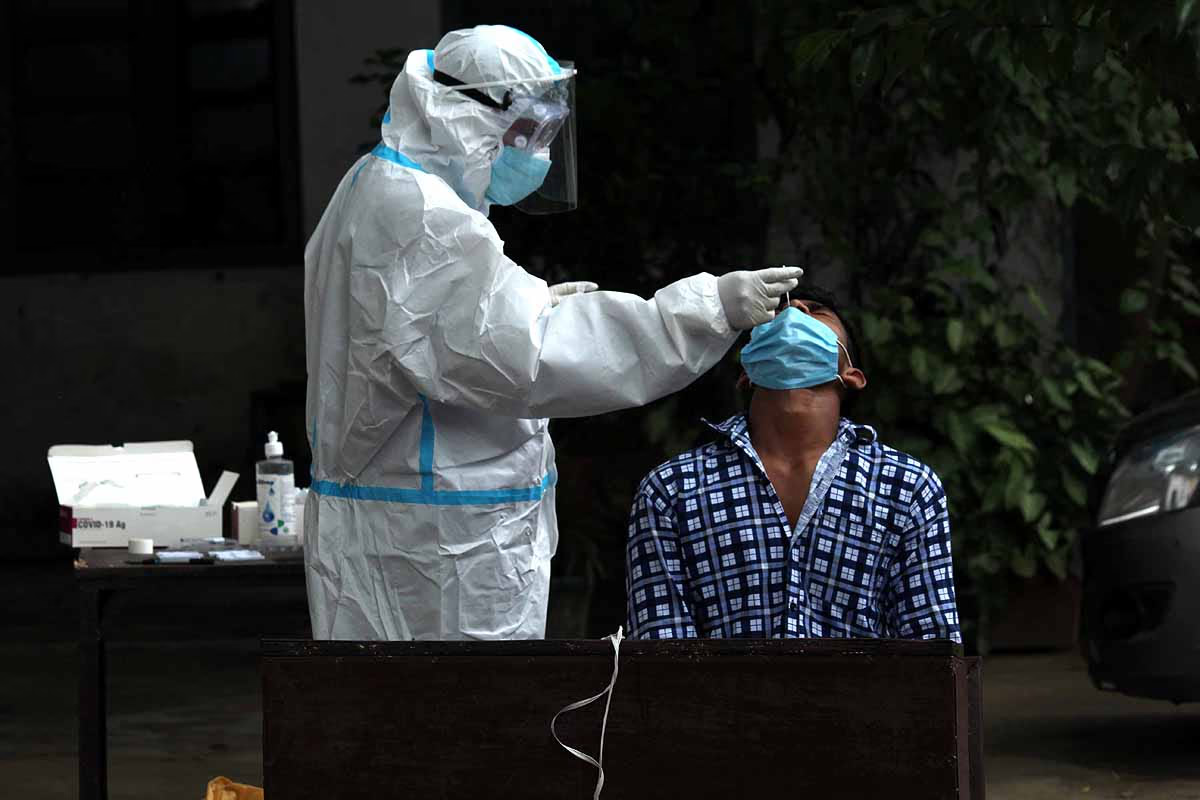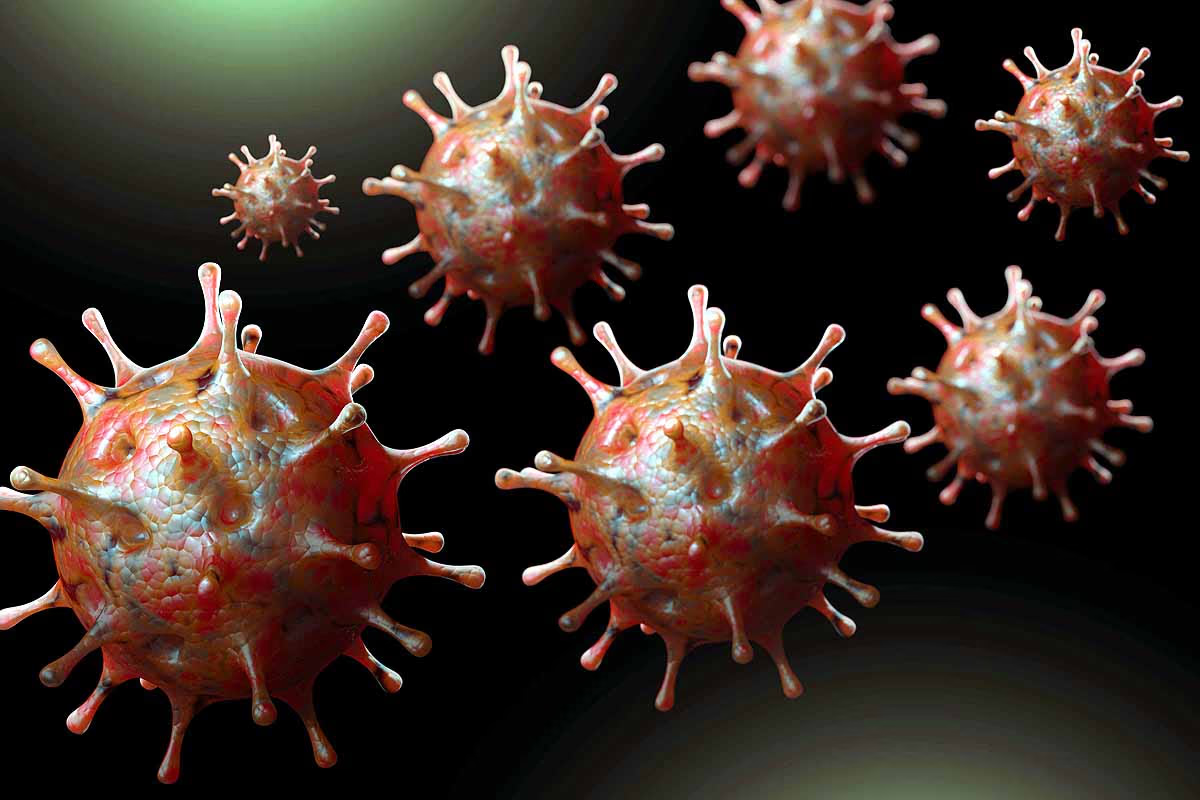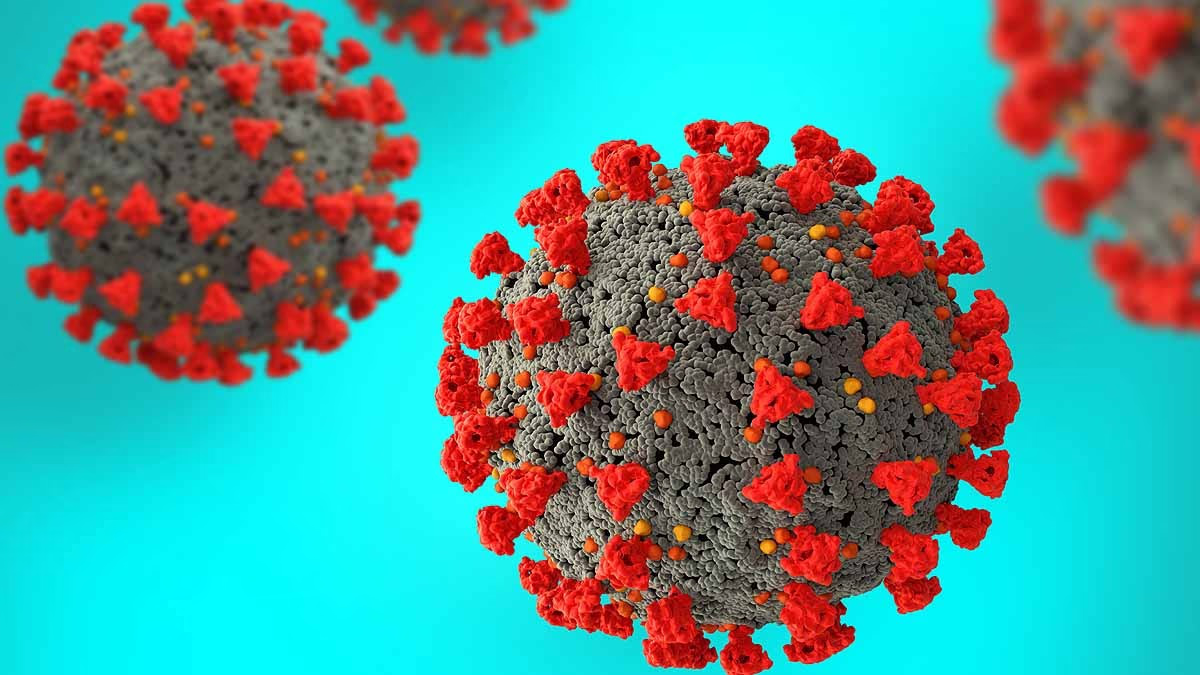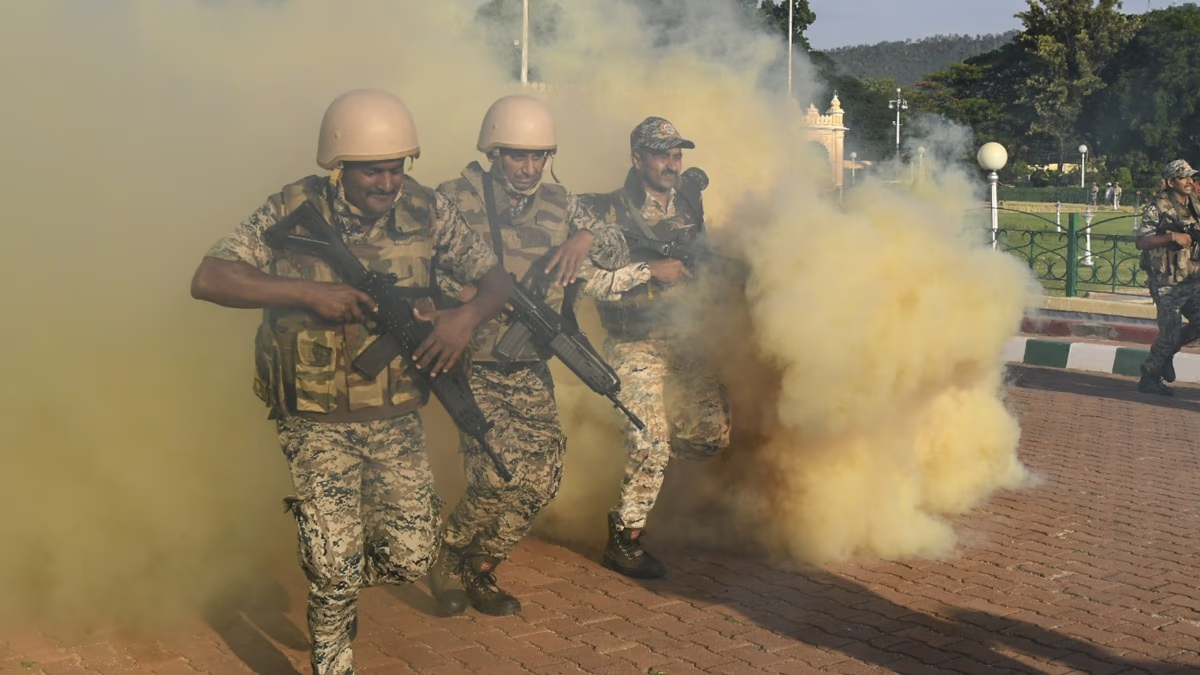The coronavirus, which shook the world in 2019, is now making a comeback in certain regions after two years. People are wondering if viruses ever truly die, and why this resurgence has occurred. Let's explore the scientific reasons behind this phenomenon.
Do Viruses Die?
Viruses aren't living beings, yet they are incredibly clever. They replicate within the cells of humans, animals, or plants. If a virus doesn't find a host, it may become inactive. Some, like the coronavirus, can survive in the environment for a while, and if they continue spreading among humans, they don't simply vanish.

Source: aajtak
Why the Resurgence of COVID-19?
Recently, countries like India, Singapore, and Hong Kong are seeing a rise in COVID-19 cases due to several scientific factors...
Mutation in the Virus
The coronavirus evolves continuously, creating new variants through mutation. New variants like NB.1.8.1 and LF.7 can diminish the effectiveness of existing vaccines. In India, JN.1 variant is prevalent, accounting for 53% of the cases.
Decreased Immunity
Immunity from vaccines or past infections can weaken over time. This is especially true for the elderly who neglect booster doses, diminishing their ability to combat the virus. Health authorities in Singapore state that low booster dose uptake is leading to increased cases.
Public Complacency
When cases decline, people tend to ignore safety measures like masks, sanitizers, and social distancing. This gives the virus a chance to spread again, especially in densely populated cities like Delhi and Mumbai.

Source: aajtak
Weather and Travel
Cold weather or rain can potentially aid in the virus's spread. Additionally, increased travel during holidays allows the virus to relocate. In Singapore, increased travel during the Chinese New Year led to more cases.
Is it as Dangerous as Before?
The good news is the new variants often cause mild symptoms such as fever, cough, or cold. In India, severe illness signs in new cases are low, and most patients don't require hospitalization. Nonetheless, staying vigilant remains crucial.
How to Stay Protected?
Wear Masks: Especially in crowded places.
Wash Hands: Frequently wash with soap or use hand sanitizers.
Take Booster Doses: Boosters enhance immunity.
Seek Testing if Symptoms Appear: If experiencing fever, cough, or breathing difficulty, consult a doctor promptly.




